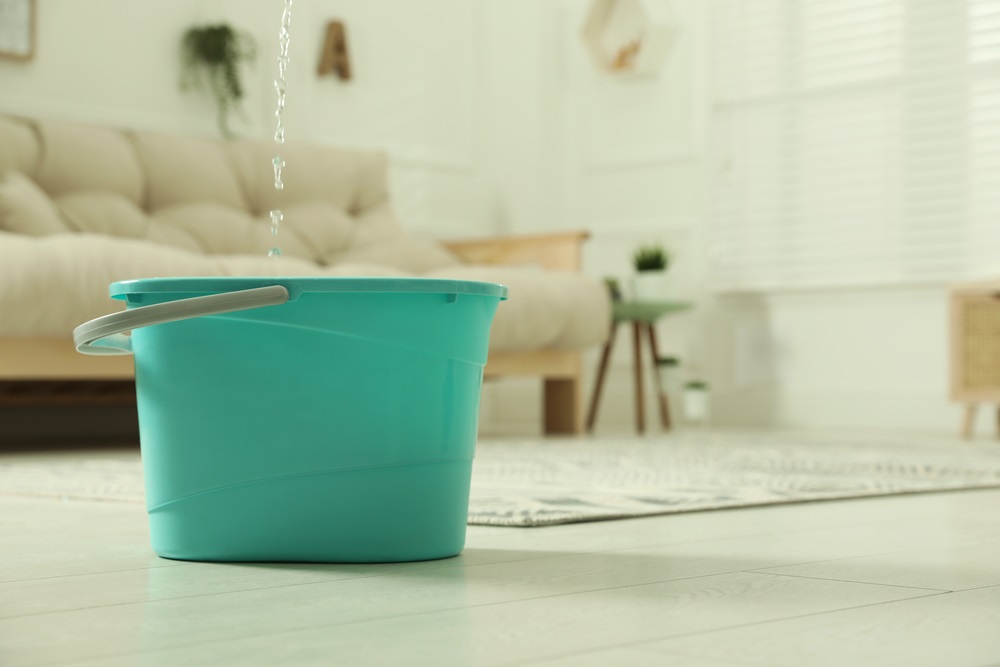With central and western parts of Wales hit by flooding, and further floods expected, particularly in South East England, Lloyds TSB Insurance is offering advice for homeowners to help minimise damage to property and homes. Tim Downes, regional manager, personal claims consultants, said: “We are advising homeowners who are at risk to take steps now […]
 With central and western parts of Wales hit by flooding, and further floods expected, particularly in South East England, Lloyds TSB Insurance is offering advice for homeowners to help minimise damage to property and homes.
With central and western parts of Wales hit by flooding, and further floods expected, particularly in South East England, Lloyds TSB Insurance is offering advice for homeowners to help minimise damage to property and homes.
Tim Downes, regional manager, personal claims consultants, said:
“We are advising homeowners who are at risk to take steps now to reduce the risk of damage to their homes, and to monitor local news and weather updates.”
According to Lloyds TSB claims data, flood damage causes an average of £17,000 worth of damage per incident, so taking steps now is essential to avoid issues later.
If your home is at risk of flooding
- Place sandbags outside doors, airbricks, widows and any other holes to reduce the amount of water entering your property
- Turn off the mains supplies of water, gas and electricity
- Unplug all electrical items, and store them upstairs or as high as possible
- Disconnect pipes to washing machine and dishwashers to avoid damage if appliances move during the flood
- Move as much furniture as possible upstairs, weigh down large items that can’t be lifted with sandbags so they don’t move and cause damage
- Empty contents of cupboards and drawers, and store upstairs or as high as possible
- Move rugs and curtains upstairs or to higher ground
- Keep your home insurer’s policy details and telephone numbers to hand in case you need to make a claim
- Remember to move sentimental items such as photograph albums to a safe place, as they cannot be replaced.
If your home has been flooded
- Ensure mains supplies of water, electricity and gas have been checked for damage by a qualified engineer before reconnecting
- Dry out appliances that have been affected by water and ensure a qualified electrician or Gas Safe registered engineer inspects them before use
- Open doors and windows to ventilate and dry out the property. Ensure the home has completely dried before attempting redecorating work
- Contact your insurer and report any damage caused to buildings and/or contents as soon as possible
- Take photographs of damaged items as it may help your insurer to settle a claim
- Keep any ruined property as insurers may want to inspect it.
In an emergency
- Keep a home emergency kit prepared in case of a winter emergency such as a flood or severe storm. This could include sandbags, torches, spare bulbs and batteries, your home insurance documents, other emergency contact details, tinned food, warm clothing and blankets
- Listen to the radio for regular updates on the weather or other emergency situations.
Householders who are concerned their homes may be at risk of flooding can register for Environment Agency Floodline Warnings Direct by calling 0845 988 1188.














